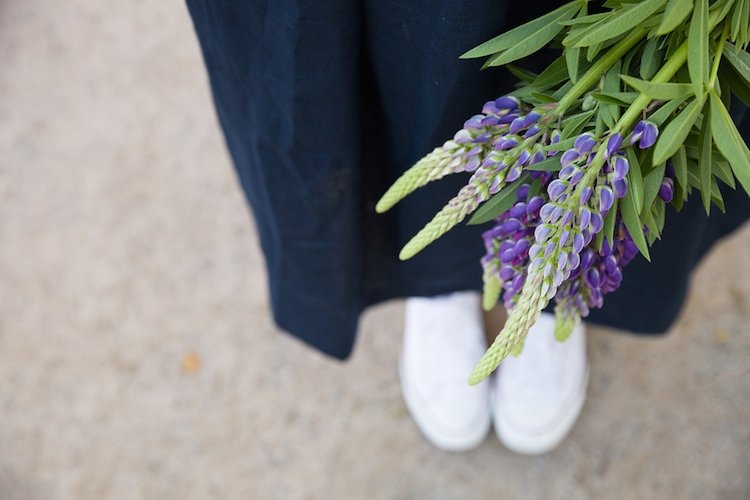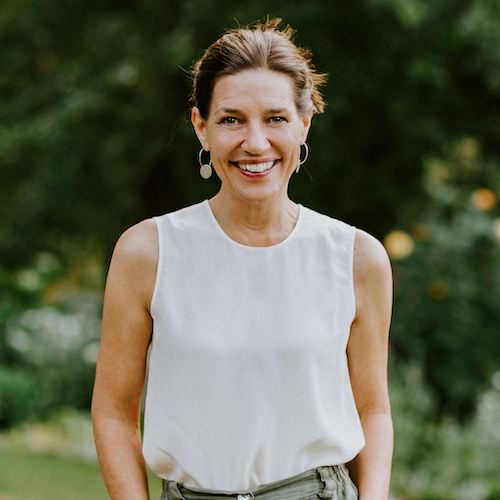
At a recent event, I met a lovely man who told me of his experience through truly difficult times. But he also said his leukaemia diagnosis had been the best thing to happen in his life. He walked away from an unhappy corporate career and a stressful lifestyle to follow a path he was truly passionate about.
I read many similar stories while I was researching my latest book.
The consistent finding was that the happiest people weren’t those with the easiest lives but rather, those who were able to make peace with and find meaning from difficult times.
There were people who said they were content with their lives even when faced with significant adversity while others reported that they found it incredibly hard to move on from hardship.
The difference is how we deal with and make sense of our struggles.
“Life is amazing. And then it’s awful. And then it’s amazing again. And in between the amazing and awful it’s ordinary and mundane and routine. Breathe in the amazing, hold on through the awful, and relax and exhale during the ordinary. That’s just living heartbreaking, soul-healing, amazing, awful, ordinary life. And it’s breathtakingly beautiful.” L.R. Knost
The people who are most at peace are the ones who open themselves up to the raw and real feelings that accompany a difficult experience.
They’re the ones who look for lessons in life’s challenges and who use those experiences to learn about themselves and grow.
They’re the people who are not afraid to surrender to feelings of grief and loss, knowing that holding these feelings at bay only serves to prolong their pain.
Maybe most importantly, they’re the ones who know how to carry their pain with kindness, not turning on themselves when they’re struggling but instead, offering internal platitudes – something many of us still find foreign.
The capacity for self-compassion is one I’m still learning about too. Being from a generation where any kind of self-care was considered selfish, I’m discovering the art of being responsible for my own wellbeing. The research tells us that when we’re able to soothe ourselves, we stop expecting others to be responsible for taking care of us and we feel less resentful when they don’t meet our needs in the ways we had hoped for.
When we can soften into the experience of struggle and give ourselves permission to work our way through pain in our own time, eventually we arrive at equanimity. An acceptance that this experience too, is simply part of the journey. It’s from this place that we have the opportunity to explore how to go forward in such a way that we can take meaning from our hardship.
In the case of the man with the life-threatening diagnosis, he trained to become a meditation teacher and now spends his days speaking to corporate groups about taking care of their wellbeing, not just at a physical level but emotionally too.
We don’t need to wait for a major upheaval before reassessing our lives. If we can pause for a moment when faced with even a small daily challenge and give ourselves permission to drop our shoulders and take a deep breath, maybe we’ll discover a lesson that might serve as a gift.

